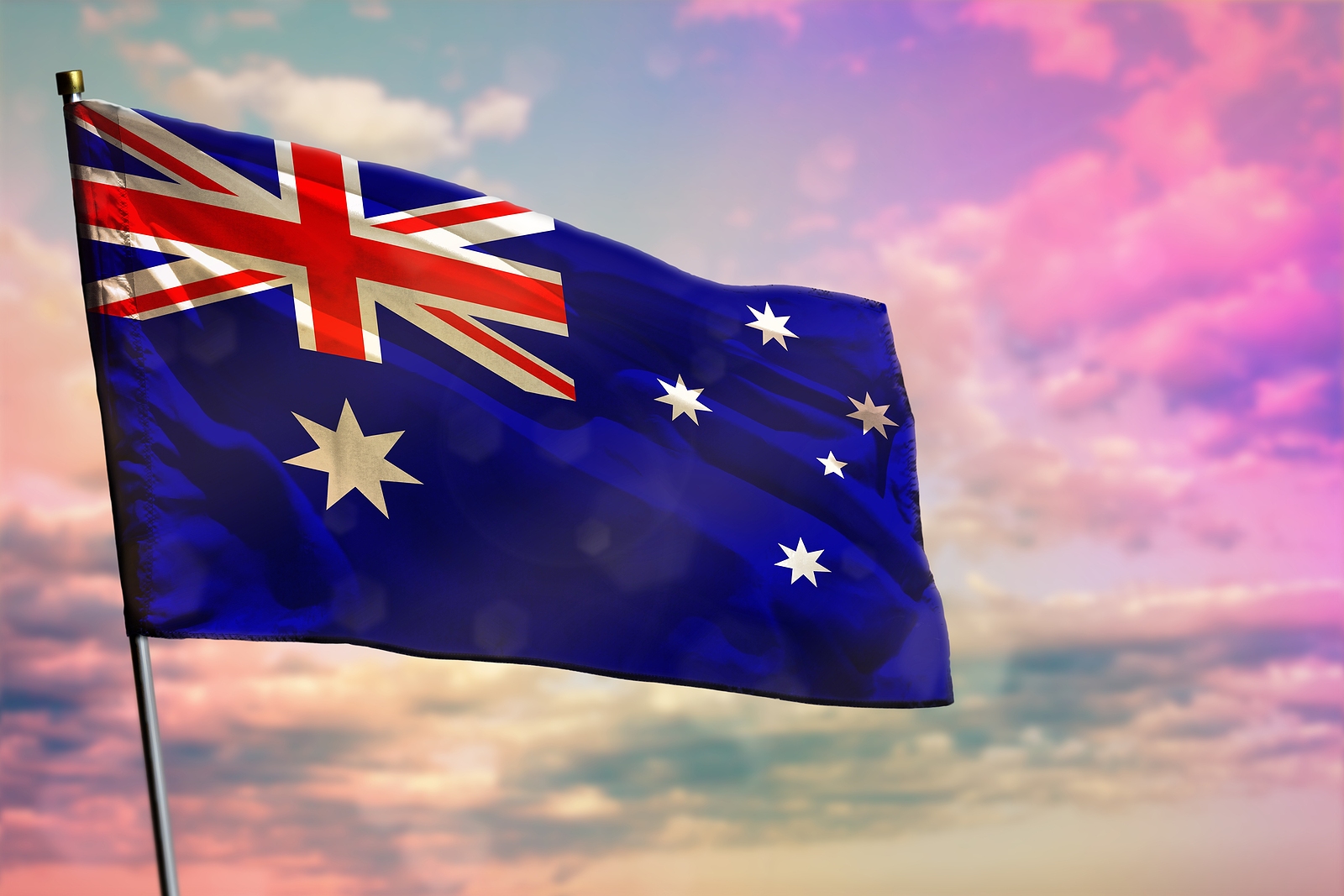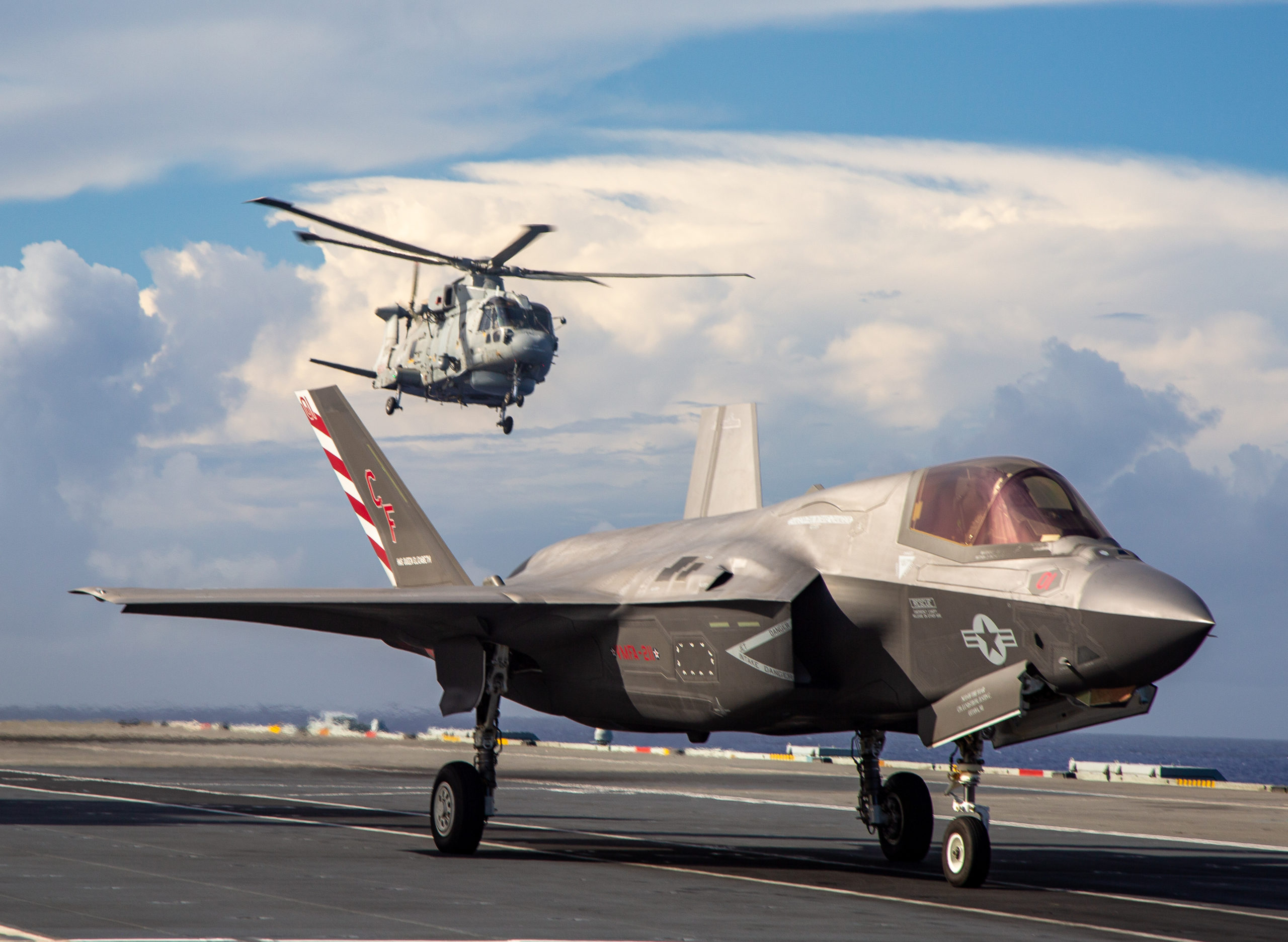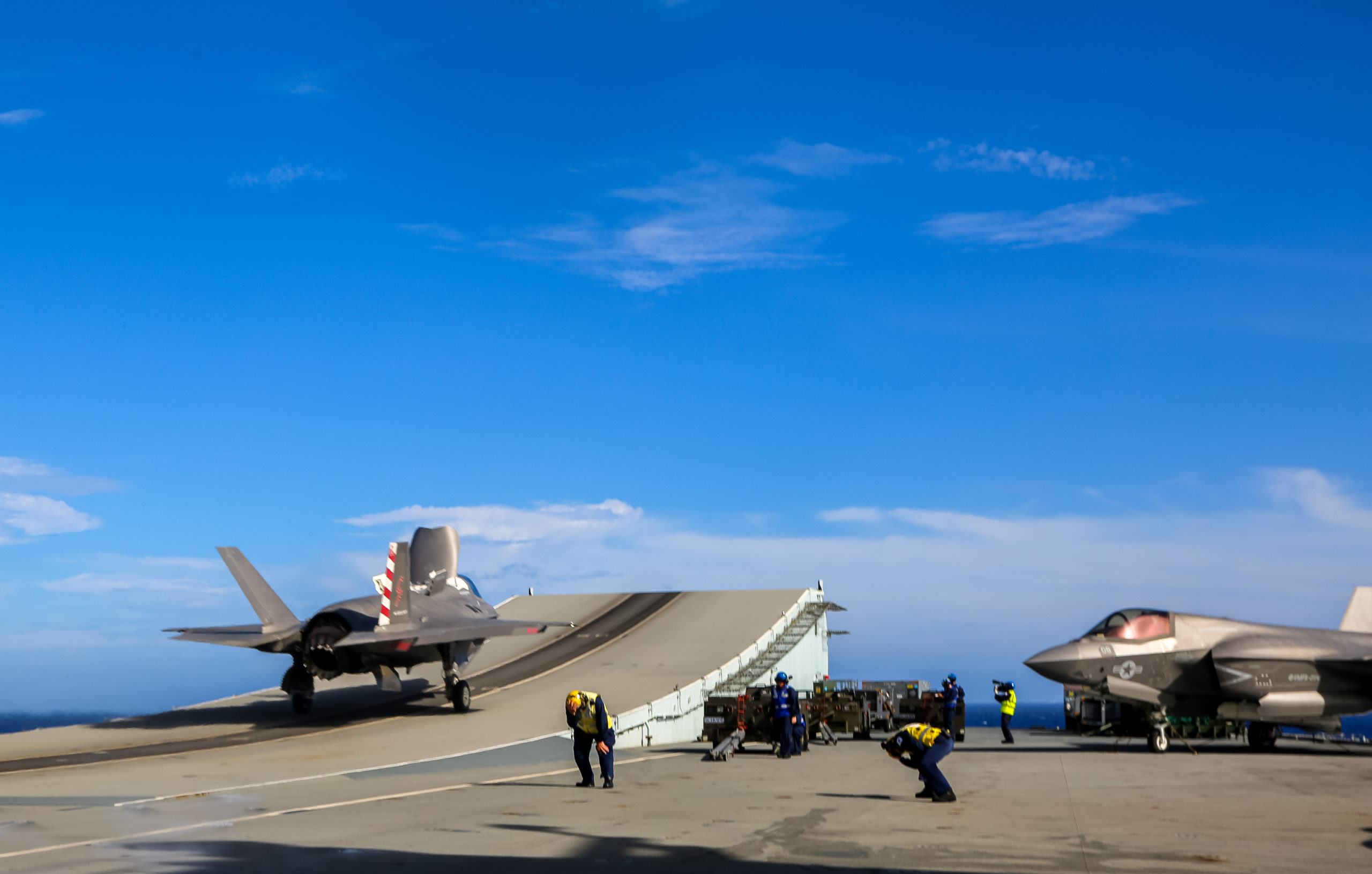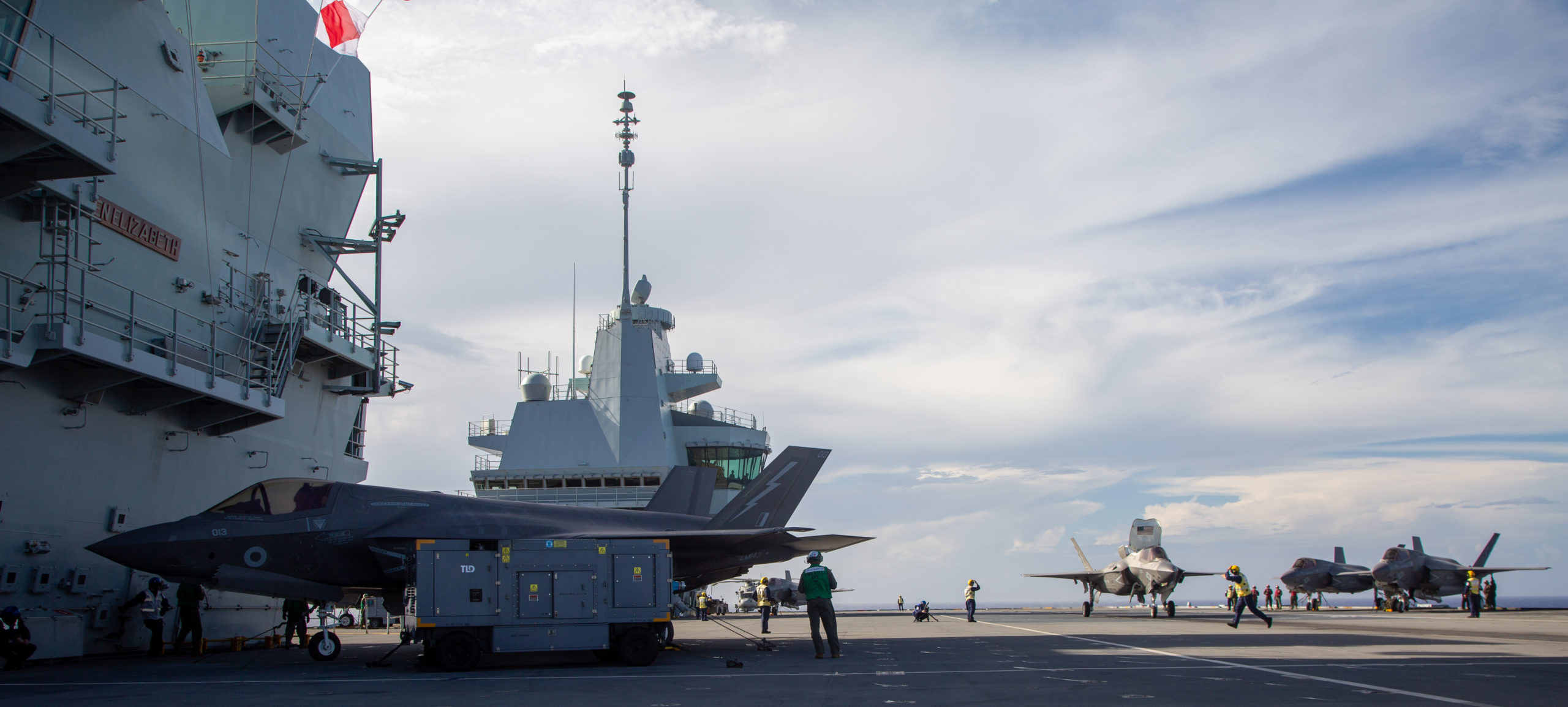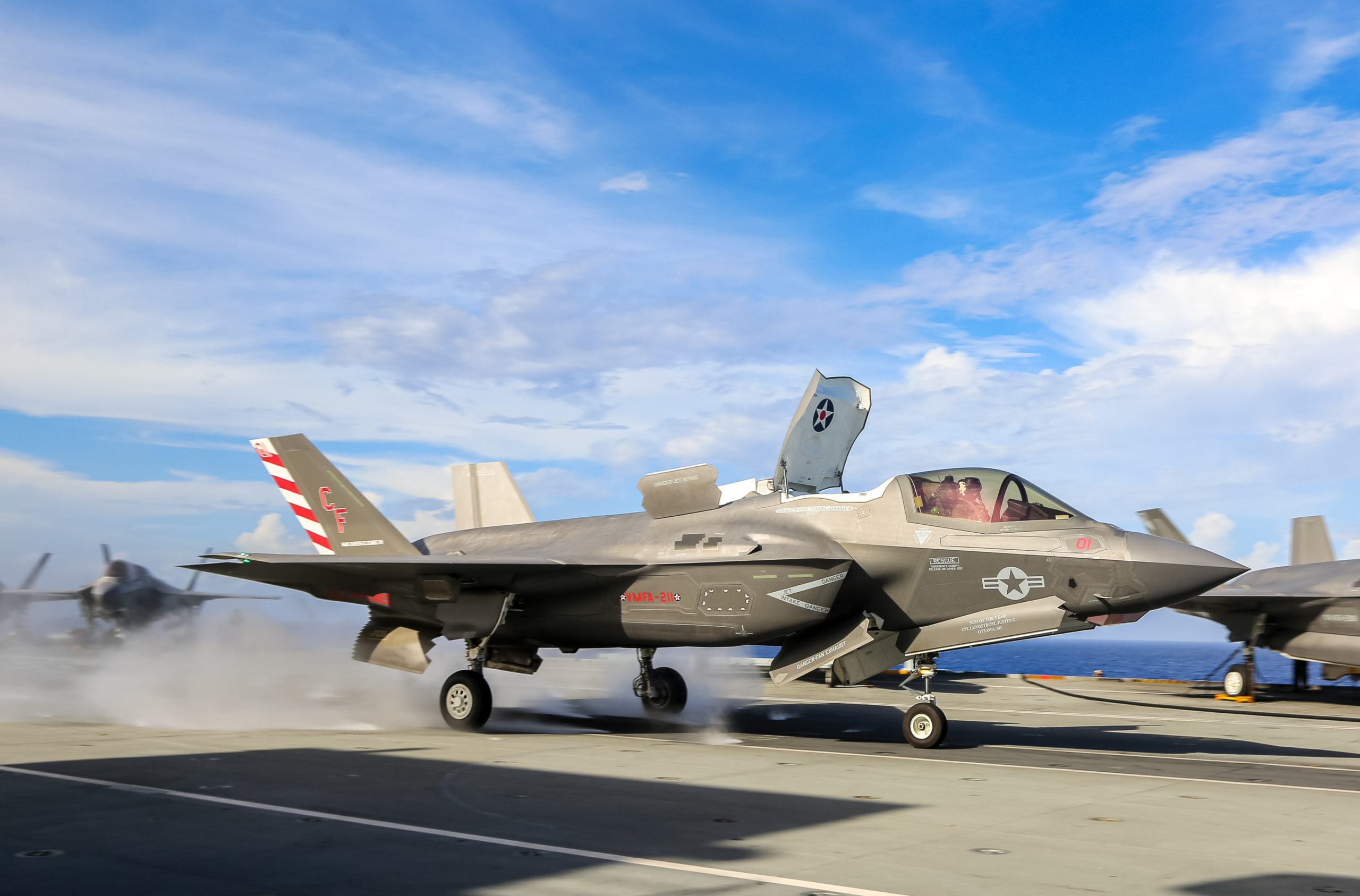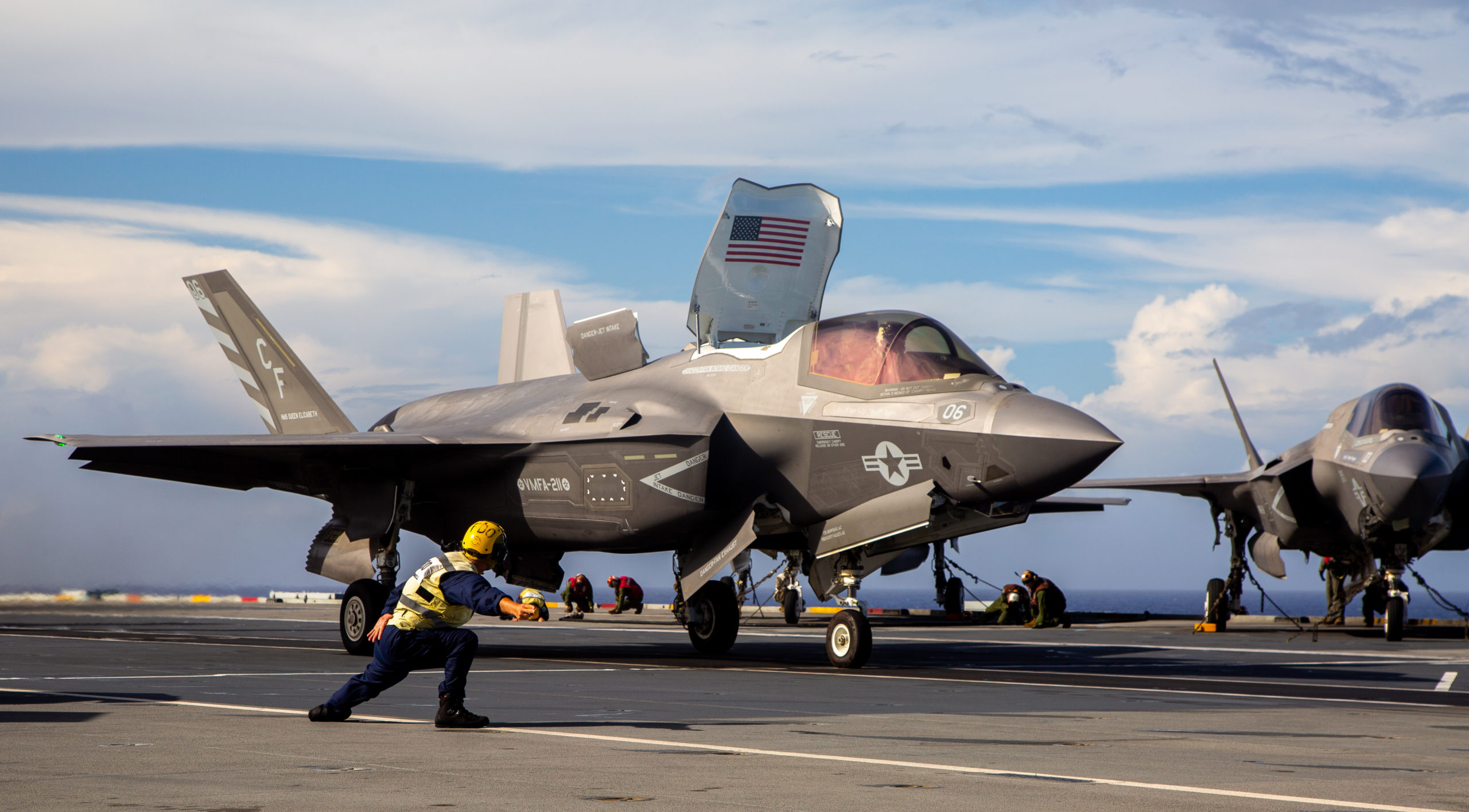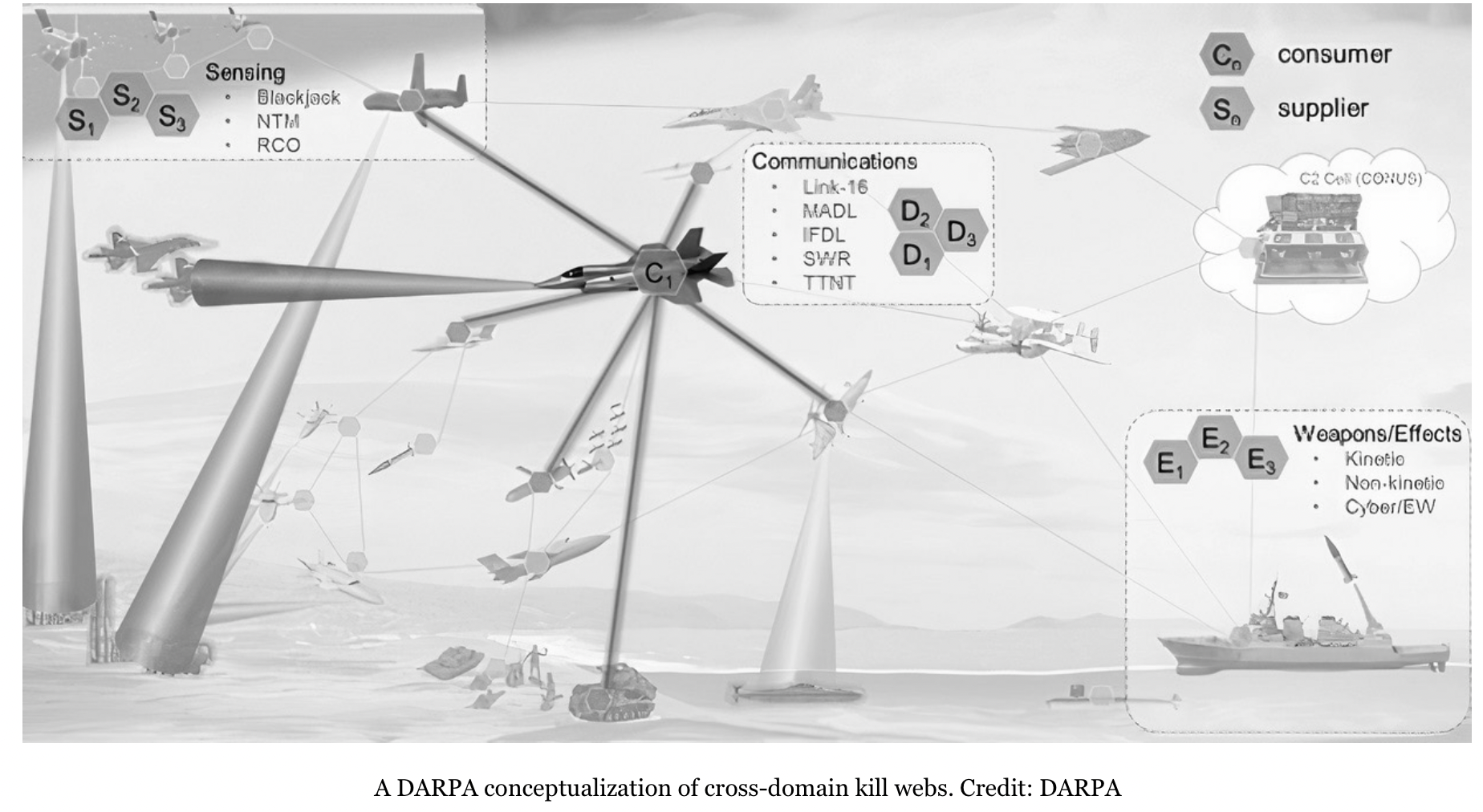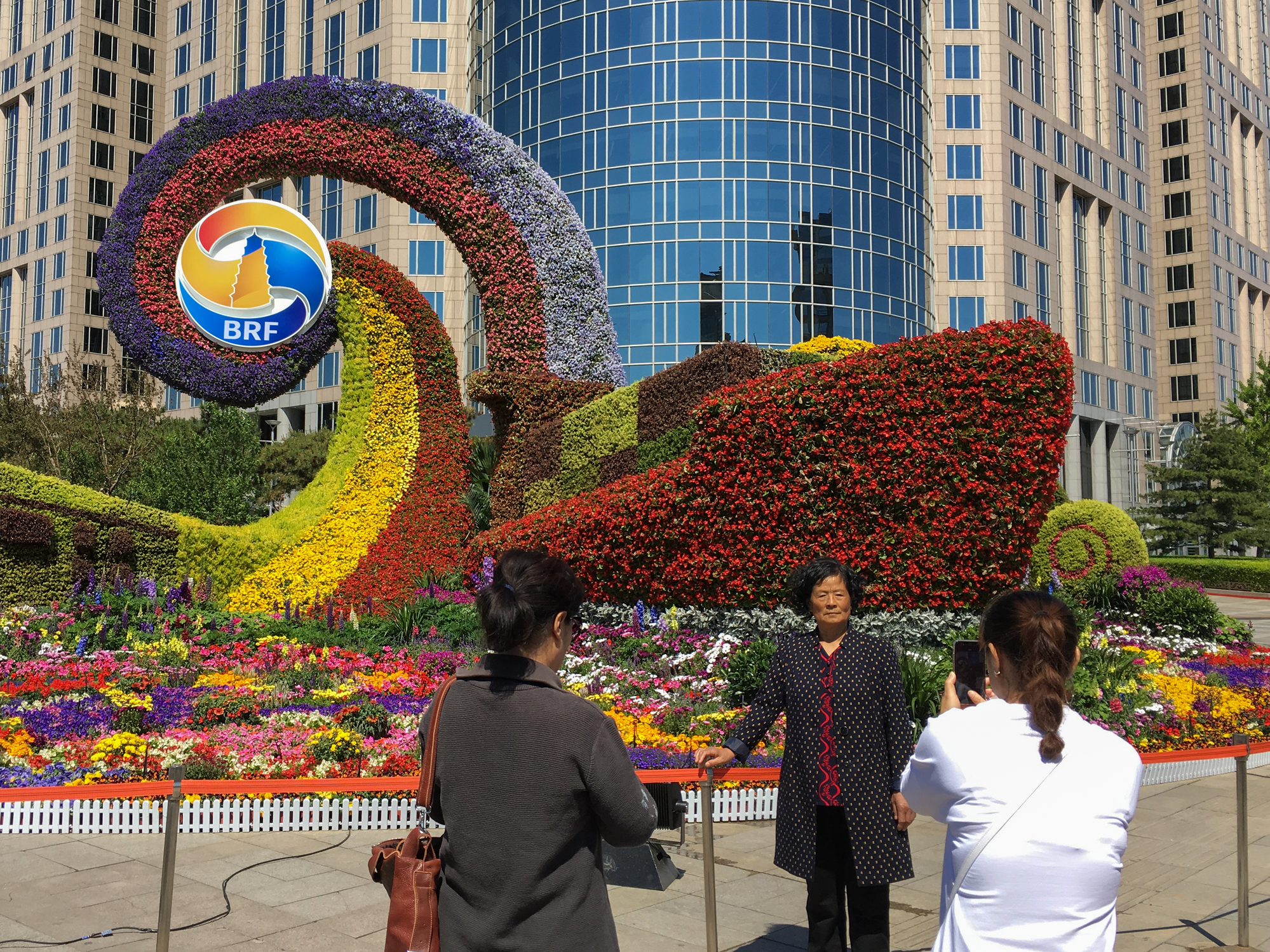China has focused under the regime of President Xi on building out its global informal empire.
By trade and investment, China has become a key player in Africa and Latin America. Its practices in doing so have a number of questionable dimensions, but instead of highlighting the reality of Chinese informal empire practices, Western states have largely ignored the opportunity to do so. They have focused on issues like Taiwan and the South China Sea, both very important but not part of the informal empire geopolitical strategy.
But the reality is that China poses a global threat to the Western order underwritten by its economic, cultural, and third world narrative efforts along with an expanding fleet of both military and commercial shipping and ports as well.
The concept of informal empire was developed by John Gallagher and Ronald Robinson in a 1953 article published in The Economic History Review, as Kenneth Maxwell has underscored in his discussions about Latin America and China. Ronald Robinson was Maxwell’s tutor at Saint John’s College at Cambridge University.

China’s Belt and Road initiative and its engagement in both Africa and Latin America follow the model of shaping a global informal empire. The narrative that accompanies this was most recently seen in President Xi’s presentation to Vladimir Putin’s Economic Forum inaugurated earlier this week.
This is how the Chinese Ministry of Foreign Affairs summarized President Xi’s presentation:
On the evening of June 17, President Xi Jinping attended and addressed the plenary session of the 25th St. Petersburg International Economic Forum in virtual format upon invitation.
Xi Jinping pointed out that the world is faced with major changes and a pandemic both unseen in a century, economic globalization is facing headwinds, and there are unprecedented challenges to the implementation of the UN’s 2030 Agenda for Sustainable Development. At a time when the international community is so keen about achieving more equitable, sustainable and secure development, we should seize opportunities, meet challenges head-on, and work on the implementation of the Global Development Initiative to build a shared future of peace and prosperity.
First, we need to foster an enabling environment for development. It is important that we follow true multilateralism, respect and support all countries’ pursuit of development paths suited to their national conditions, build an open world economy, and increase the representation and voice of emerging markets and developing countries in global economic governance, with a view to making global development more balanced, coordinated and inclusive.
Second, we need to strengthen development partnerships. It is important that we enhance North-South and South-South cooperation, pool cooperation resources, platforms and networks of development partnerships, and scale up development assistance, in order to forge greater synergy for development and close the development gap.
Third, we need to advance economic globalization. It is important that we strengthen “soft connectivity” of development policies and international rules and standards, reject attempts at decoupling, supply disruption, unilateral sanctions and maximum pressure, remove trade barriers, keep global industrial and supply chains stable, tackle the worsening food and energy crises, and revive the world economy.
Fourth, we need to pursue innovation-driven development. It is important that we unlock the potential of innovation-driven growth, improve the rules and institutional environment for innovation, break down barriers to the flow of innovation factors, deepen exchanges and cooperation on innovation, facilitate deeper integration of science and technology into the economy, and make sure the fruits of innovation are shared by all.
Xi Jinping pointed out that the fundamentals of the Chinese economy—its strong resilience, enormous potential and long-term sustainability—remain unchanged. We have full confidence in China’s economic development. China will continue to promote high-quality development, expand high-standard opening-up with firm resolve, and pursue high-quality Belt and Road cooperation. China stands ready to work with Russia and all other countries to explore development prospects, share growth opportunities, and make new contributions to deepening global development cooperation and building a community with a shared future for mankind.
This pitch and the economic, cultural and political engagement of China in Latin America is growing, robust and in direct conflict with the U.S. engagement in the region.
And the recent Summit of the Americas hosted by President Biden did not overtly discuss China, nor how to deal with its challenges in the region to Western interests.
In a recent column by The Times diplomatic commentator, Roger Boyes argued that “Joe Biden is in danger of losing Latin America to China.” He noted that there are two reasons why this is occurring. First is a growing distrust globally of American leadership. “Biden’s muddled exit from Afghanistan demonstrated to the global south that Washington wasn’t ready to fight for any cause.”
And second, there is a “pink tide” underway in Latin America. With the election of left-wing governments in Latin America and the willingness of China to work with anyone willing to support its economic and political interests, China is seeing an upsurge in their influence in the region.
“It is increasingly China rather than Washington that offers patch-up solutions for Latin American governments in distress. China’s Covid diplomacy generated 300 million vaccines for Latin America. Some countries were offered help with local production.”
Boyes concluded his article with this general stark warning: “For them (the pink tide countries) the U.S. does not present a persuasive enough model of the future. It remains a largely incurious neighbour. China, despite all of its human rights abuses, its repression and bossiness, can at least claim to have found a formula for escaping poverty.
“That is the true danger of the leftward shift in Latin America and other parts of the global south: a sense among emerging young leaders that the flawed Chinese model offers a plausible idea of progress; that the North American gringo has become irrelevant.”
Kenneth Maxwell, the noted historian and former Program Director of the Tinker Foundation, Inc., underscored the importance of Boyes assessment.
Roger Boyes in his comments on Biden and Latin America, China, and the “Pink Tide” in the region is certainty right about the frailties of Biden’s Latin American policy and the “big flop” of his “Summit of the Americas” in Los Angeles, and the opportunity for China that this presents. Or rather it exposes the powerful position within Latin America that China already occupies.
Ironically the upcoming Brazilian presidential election will be a key battleground. Lula it is true, as Boyes points out, is an old trade Union leftist. But Lula was never a Marxist, and he had in his early years of trade union militancy in São Paulo a lot of support from the America’s once powerful (and anti-communist) United Auto Workers Union. But on foreign policy he is surrounded by a group of advisers led by his former foreign and defense minister, Celso Amorim, who are fundamentally distrustful of the US. And under a new Lula administration Brazil would certainly seek a closer and better relationship with China.
Jair Messias Bolsonaro the current Brazilian right-wing president who is after all known as the “tropical Trump” and enjoys the fervent support of Brazilian evangelicals which have strong connections to U.S. evangelicals, who are strong supporters Trump. And Bolsonaro was very close to president Trump, and his sons are close to Trump’s former adviser, Steve Bannon.
Bolsonaro, a former army captain, is also close to the Brazilian military and to the shadowy politically connected “militias” which dominate large areas of Brazil major cities. He is the most pro-American candidate which is not good for Biden, and he is already setting the stage to deny the result of the election Trump style if he is defeated, which seems most likely according to the latest Brazilian public opinion polls.
China cares little about the particular domestic politics of Latin America. It can and will work with whoever is in power. And it cares even less about the environment, the Amazon rain forest, or the human rights of the indigenous population. China cares much more about trade, Brazilian cattle and pigs, Brazilian soya, and Brazilian petroleum, and therefore in infrastructure and ports facilities, access to minerals, and investment in electricity networks and telecommunications.
And it has in Latin America no history of the multiple imperialist interventions and support for right wing military regimes in Latin America which is a heavy burden the U.S. cannot escape.
Roger Boyes is quite right: Biden’s U.S. is on the back foot in Latin America and China already quietly holds many of the cards.
The featured photo: People taking pictures in front of mark of the Second Belt and Road Forum for International Cooperation BRF in commercial street of Beijing, China. The Belt and Road Initiative is a major push by China`s President Xi Jinping to expand foreign trade and raise China`s international status. The summit is held April 25-27, 2019.
For Ken Maxwell’s own assessment of the recent Summit of the Americas, see the following:
The Summit of the Americas 2022: An Assessment


